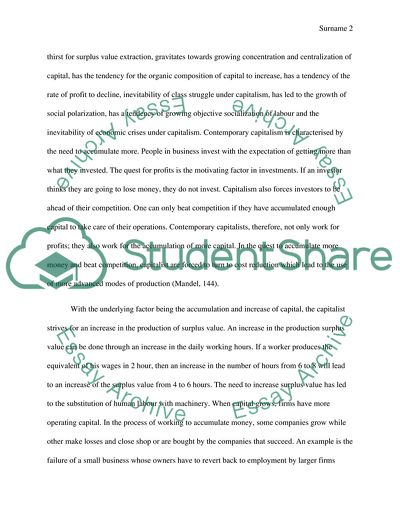Cite this document
(Contemporary Capitalism - Law Suits against MNCs Essay, n.d.)
Contemporary Capitalism - Law Suits against MNCs Essay. https://studentshare.org/law/1812054-topics-mentioned-in-the-details-section-below
Contemporary Capitalism - Law Suits against MNCs Essay. https://studentshare.org/law/1812054-topics-mentioned-in-the-details-section-below
(Contemporary Capitalism - Law Suits Against MNCs Essay)
Contemporary Capitalism - Law Suits Against MNCs Essay. https://studentshare.org/law/1812054-topics-mentioned-in-the-details-section-below.
Contemporary Capitalism - Law Suits Against MNCs Essay. https://studentshare.org/law/1812054-topics-mentioned-in-the-details-section-below.
“Contemporary Capitalism - Law Suits Against MNCs Essay”. https://studentshare.org/law/1812054-topics-mentioned-in-the-details-section-below.


